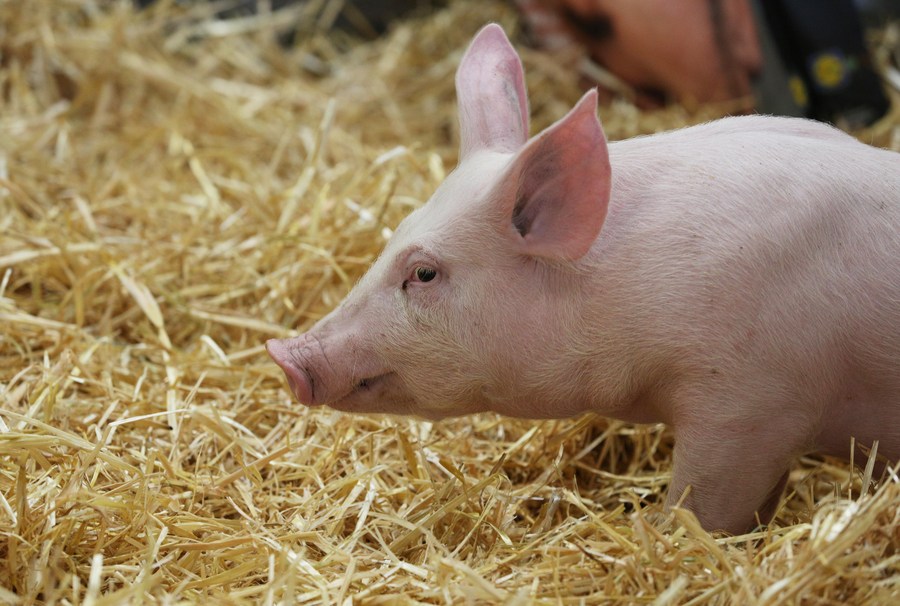
A Chinese team has developed, for the first time in the world, kidneys from human stem cells inside pig embryos. This breakthrough, which brings human organs grown in pigs closer to reality, will open a fascinating avenue for kidney transplants and a new window into studying human development, according to a study published Thursday in the journal Cell Stem Cell.
Scientists at the Guangzhou Institutes of Biomedicine and Health, under the Chinese Academy of Sciences, used a gene-editing tool to engineer certain genes into human-induced pluripotent stem cells (IPSCs) to strengthen their ability to firm up and form kidneys in pig embryos that are genetically engineered to lack the ability to develop a kidney.
IPSCs are a type of stem cell derived from adult skin or blood cells and reprogrammed back to an embryonic state that allows the development of any type of human cell needed for therapeutic purposes.
The study revealed that the researchers finally harvested five embryos with organized porcine-human intermediate-stage chimeric kidney structures within 28 days and these human donor cells were able to differentiate into functional cells.
The pregnancy was terminated within 3 to 4 weeks in accordance with current ethical standards. This study demonstrates the proof of principle of the possibility of generating a humanized primordial organ in pigs, offering an attractive potential alternative to help overcome the shortage of human organs for transplantation.
The results describe “pioneering steps in a new approach to organ bioengineering, using pigs as incubators for growing and creating human organs,” said Dusko Ilic, reviewer at King’s College London.
“In the future, an optimized version of this technology could solve the current shortage of compatible kidney transplant donors,” said Darius Widera, professor at the University of Reading.
Source: http://www.chinahoje.net/cientistas-chineses-cultivam-rins-humanizados-em-embrioes-suinos/

